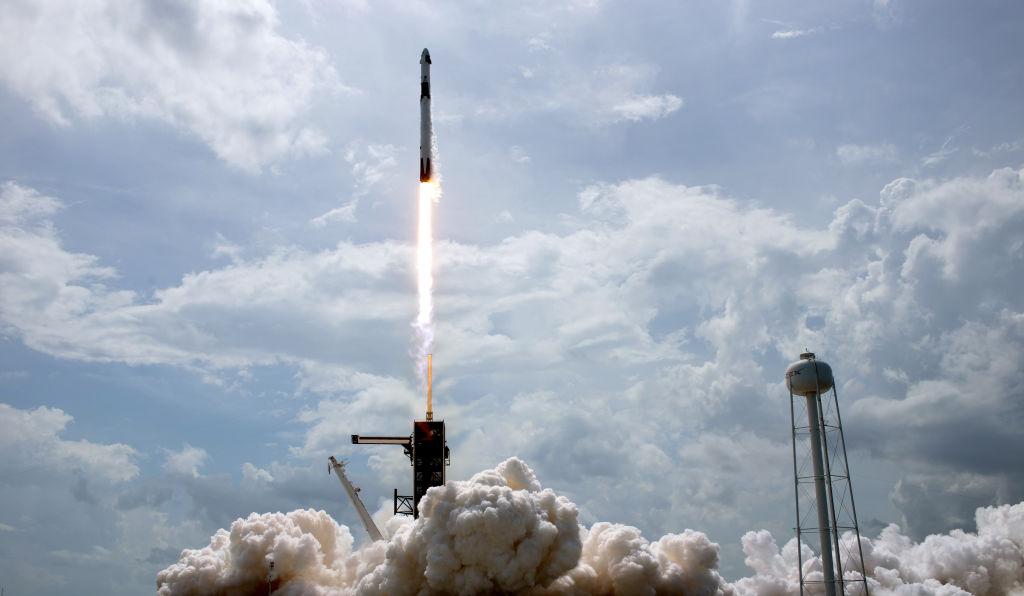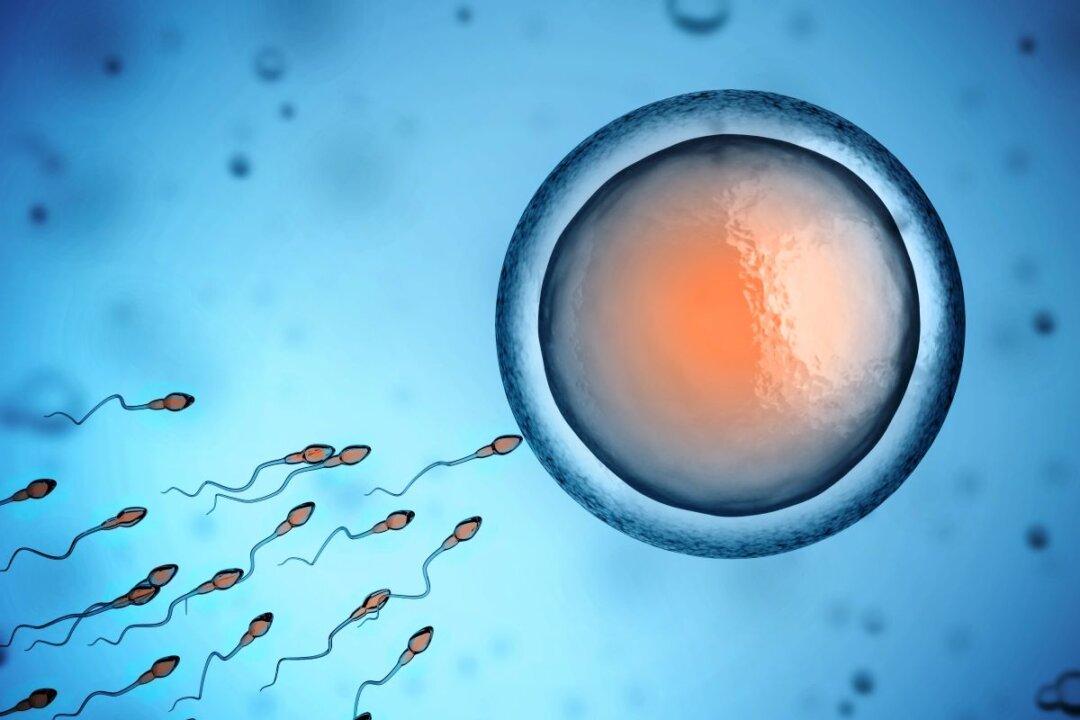Experts from Australia’s Flinders University are calling for a step up in the regulation of space activities amidst the rapidly evolving commercial use of space and growing reports of space debris found in several places around the globe.
In a recent report—titled Low Earth Orbit, Satellite Constellations and Regulation—governments are asked to pay closer attention to the growing use of low-Earth orbit (LEO), with experts particularly concerned about the huge commercial interest in satellite mega-constellations in that space.





